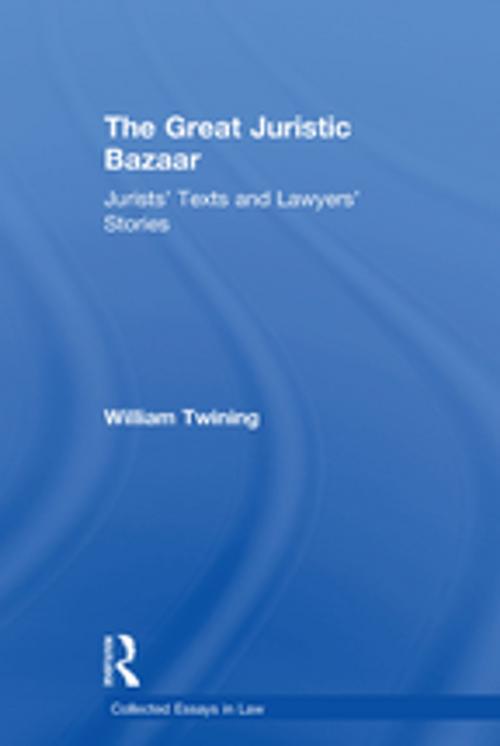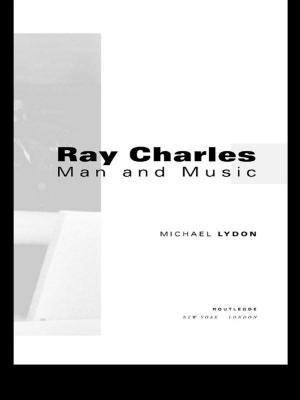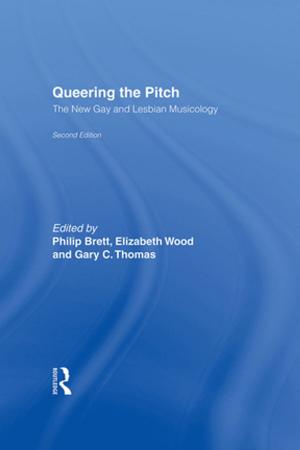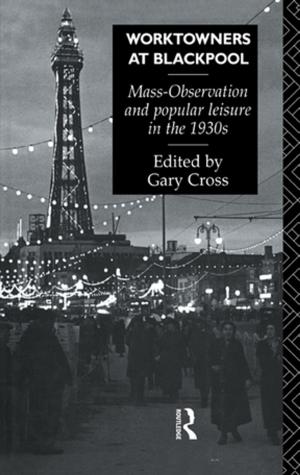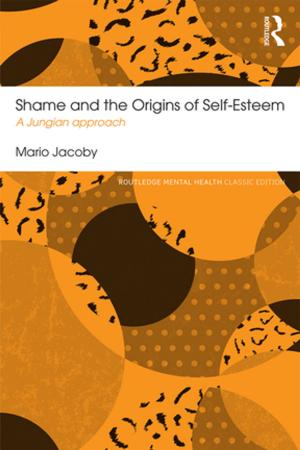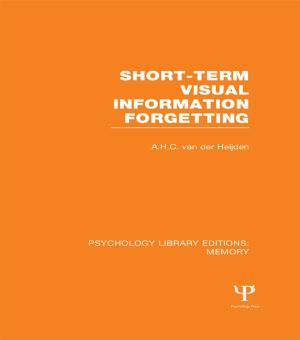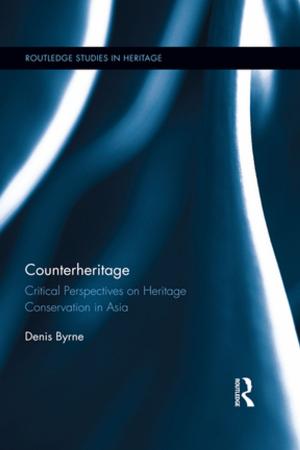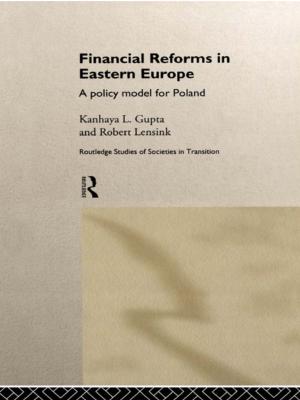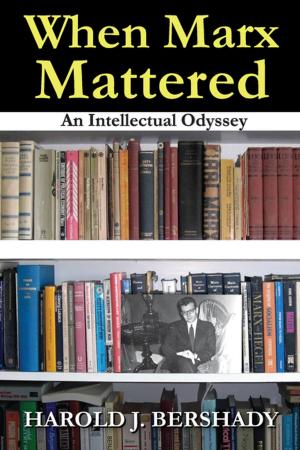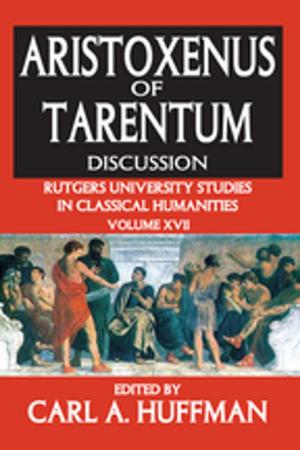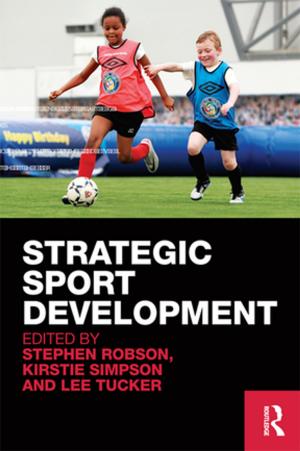The Great Juristic Bazaar
Jurists' Texts and Lawyers' Stories
Nonfiction, Reference & Language, Law, Jurisprudence, History| Author: | William Twining | ISBN: | 9781351543750 |
| Publisher: | Taylor and Francis | Publication: | September 8, 2017 |
| Imprint: | Routledge | Language: | English |
| Author: | William Twining |
| ISBN: | 9781351543750 |
| Publisher: | Taylor and Francis |
| Publication: | September 8, 2017 |
| Imprint: | Routledge |
| Language: | English |
Some law students find jurisprudence daunting, impersonal, dry and seemingly detached from practical affairs. William Twining believes that many jurists have been fascinating people struggling with questions that are both historically significant and relevant to contemporary issues. This book brings together previously published essays that centre on three related themes: reading Juristic texts, the role of narrative in law, and relations between theory and practice. Building on a pragmatic view of jurisprudence, the author explores different ways of reading and using Juristic texts, to set them in context, to bring them to life and to engage with the reader's own concerns. He applies this approach to throw fresh light on four familiar figures - Holmes, Bentham, Hart and Llewellyn. Challenging limited agendas and parochial points of view, Twining outlines a programme for a broad approach to legal theory in the context of globalization. He satirizes some bad habits in jurisprudence and explores in depth how stories can be seductive vehicles for cheating in legal contexts, yet are essential for making sense of disputes about fact or law.
Some law students find jurisprudence daunting, impersonal, dry and seemingly detached from practical affairs. William Twining believes that many jurists have been fascinating people struggling with questions that are both historically significant and relevant to contemporary issues. This book brings together previously published essays that centre on three related themes: reading Juristic texts, the role of narrative in law, and relations between theory and practice. Building on a pragmatic view of jurisprudence, the author explores different ways of reading and using Juristic texts, to set them in context, to bring them to life and to engage with the reader's own concerns. He applies this approach to throw fresh light on four familiar figures - Holmes, Bentham, Hart and Llewellyn. Challenging limited agendas and parochial points of view, Twining outlines a programme for a broad approach to legal theory in the context of globalization. He satirizes some bad habits in jurisprudence and explores in depth how stories can be seductive vehicles for cheating in legal contexts, yet are essential for making sense of disputes about fact or law.
